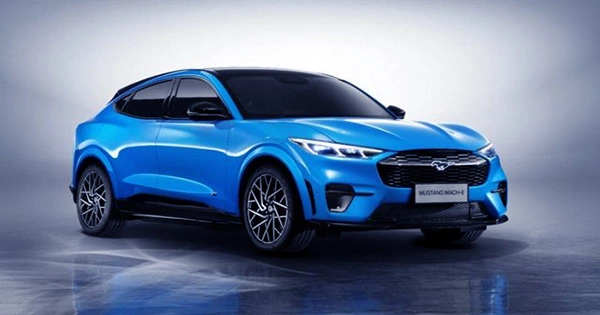Electrified vehicles won the World Car Awards awarded at the New York Auto Show this week, a signal of the battery-electric age’s impending advent. This is the first year that electric vehicles have swept the annual prizes, which are given out during the show every spring. The prizes, which were picked by 102 jurors from 33 nations (including me), highlight the industry’s rapid shift to electric vehicles. The Hyundai Ioniq 5 won three of the six prize categories, including World Car of the Year, World Electric Car, and World Car Design. The Hyundai Kona EV beat out the Ford Mustang Mach-E and the Kia EV6 from its sister brand to take first place.
With efficient powertrain technology, cutting-edge technologies, and futuristic utilitarian style, the crossover reflects the automaker’s next-generation mobility strategy. For its performance and luxurious interior, the Mercedes-Benz EQS, a futuristic, electric version of the automaker’s S-Class executive sedan, was awarded World Luxury Car.
The Audi e-tron GT is a World Performance Car that combines athletic performance with daily practicality. “With the Audi e-tron GT, our main objective was to rethink the gran turismo mentality for the electric age,” explains Christiane Zorn, Audi’s product marketing director. The Toyota Yaris Cross, which won the World Urban Car category, was the lone exception. Toyota’s tiny city car, on the other hand, is a fuel-efficient, low-emission hybrid.
“We will use this award as inspiration moving ahead as we continue to build high-quality automobiles that can fulfill our customers’ expectations and promote ecologically friendly vehicles that can help cut CO2 emissions,” said Toyota Chief Engineer Takatomo Suzuki in a statement. Hyundai developed an in-car payment system that will debut in its upcoming all-electric Ioniq 5 crossover, allowing drivers to find and pay for EV charging, food, and parking — the latest example of automakers coming up with new ways to generate revenue and provide customers with features typically associated with smartphones.
The payments system will start with Dominoes, ParkWhiz, and Chargehub when the car arrives in North America in autumn 2021, according to the business. Several new features were revealed during the Ioniq 5’s North American premiere, including an in-car payment system. Bluelink, Hyundai’s branded connected car system that offers customers control over numerous vehicle features and services, is used to make payments. Bluelink is available in three separate packages that include topics such as car maintenance and alerts, remote climate control and unlocking and locking, as well as destination search, and is available for free for three years before reverting to a monthly subscription.
Bluelink may also be linked to a user’s smartphone’s Google Assistant function to relay information to their Hyundai car. Other firms in the charging, food and coffee on-the-go, and parking sectors will soon be added to the in-car payments system. Hyundai’s Xevo Marketplace platform will continue to introduce more merchants on a regular basis, according to a company spokeswoman.















